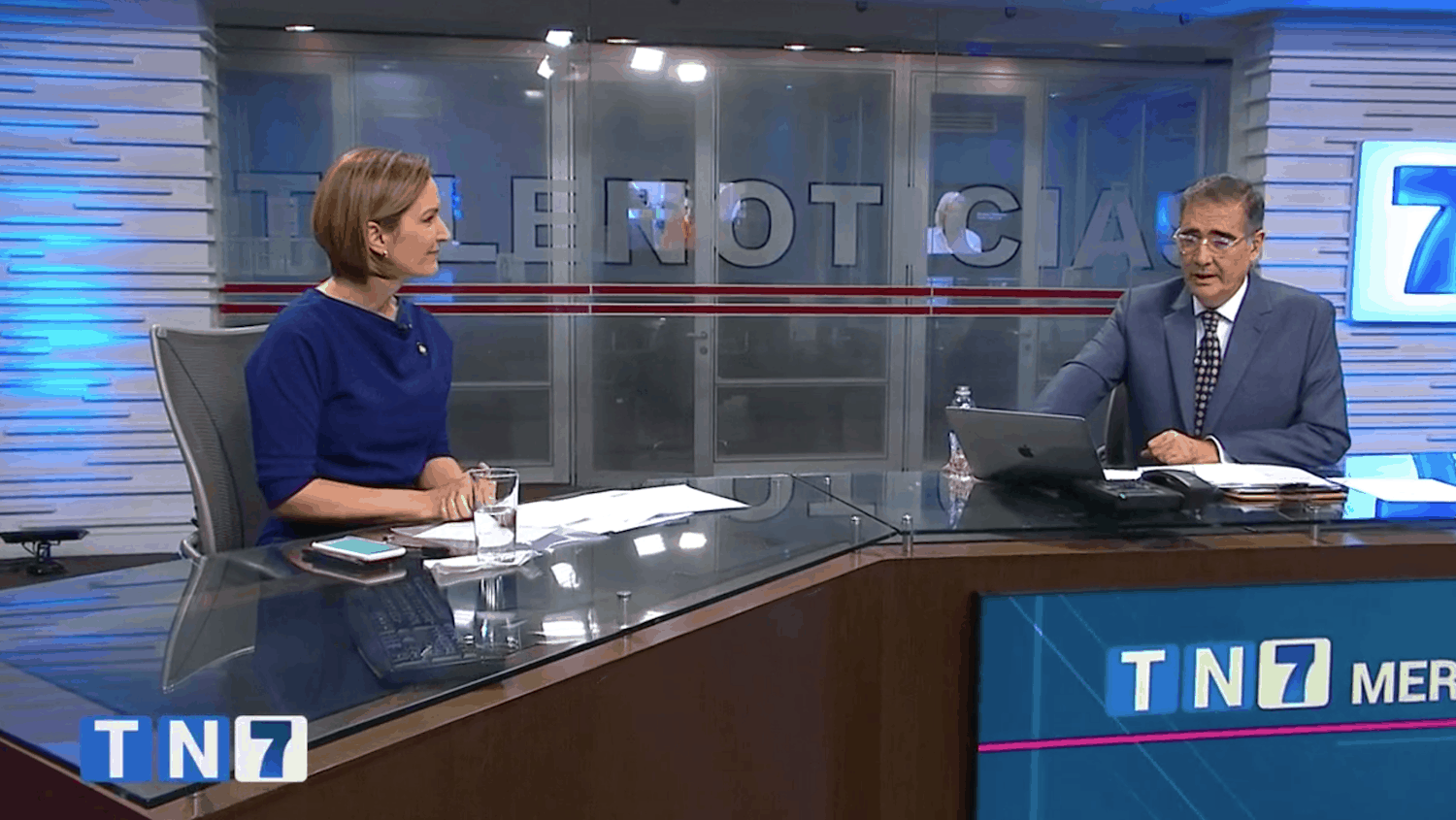Over the past several months, we have introduced you, dear reader, to tiquismos and costarriqueñismos as part of our “Tico Talk” series. Check out the previous installments here.
As the coronavirus crisis changes life in Costa Rica and elsewhere, it’s more important than ever to have media literacy. Of course, The Tico Times will keep you up-to-date every day, but if you’re also watching Spanish-language news, here are important words and phrases to know:
Understanding Spanish during the pandemic
Anticuerpos: Antibodies.
Aislamiento obligatorio or forzado: Mandatory isolation.
Asintomático: To show no symptoms (asymptomatic).
Autoaislamiento: Self-isolation.
Brote: An outbreak of a disease.
Distanciamiento social: Social distancing.
Encerrado, asilado, enclaustrado or guardado: To be cloistered or locked down at home.
Enfermedad transmisible or contagiosa: A contagious disease.
Epicentro: Epicenter of an outbreak (like New York City, or Wuhan).
Epidemia: Epidemic.
Epidemiólogo: An epidemiologist, or person who studies diseases.
Escudo or carete protector: A type of facial shield.
Gel sanitizante: Sanitizing gel. Alcohol en gel, gel antibacterial and gel sanitario are also used.
Inmune: Immune.
Inmunidad: Immunity.
Inmunidad de rebaño: Flock or herd immunity.
Jabón antibacterial: Antibacterial soap.
Levantar la cuarentena: To lift a quarantine.
Mantener la distancia social or conservar la distancia: To keep a social distance.
Mascarilla: A small mask to cover the mouth and nose.
Mortífero: Deadly.
Pandemia: Pandemic.
Poner en cuarentena: To quarantine.
Portador: A carrier of a disease.
Propagación, diseminación, extención: The speading of something, like a disease.
Recuperarse, reponerse, curarse or ponerse bien: To recover from an illness.
Resurgimiento: A resurgence of a disease.
Recaída: A relapse.
Reabrir el país: To reopen a country.
Respirador: Respirator, though also often used in reference to ventilators.
Sanitizar: To sanitize, disinfect.
Toser en el lado interior del brazo: Cough on the inside surface of one’s arm. The Health Ministry has also used la parte superior del brazo or antebrazo to describe proper sneezing/coughing protocol.
Toque de queda: A curfew.
Trabajador de salud: Health care worker.
Vacuna: Vaccination.
Ventilador: Ventilator (a machine that helps a patient breathe).
Virólogo: A virologist or person who studies viruses.
Virus: Virus.
Christopher Howard has been conducting monthly relocation/retirement tours and writing retirement guidebooks for more than 30 years. See www.liveincostarica.com.
He has a #1 relocation/retirement blog at: http://www.liveincostarica.com/blog, is also the author of the forthcoming 19th edition of “New Golden Door to Retirement and Living in Costa Rica — the official guide to relocation” and the one-of-a-kind bestselling e-book, “Guide to Costa Rican Spanish,” that can be purchased through Amazon.






